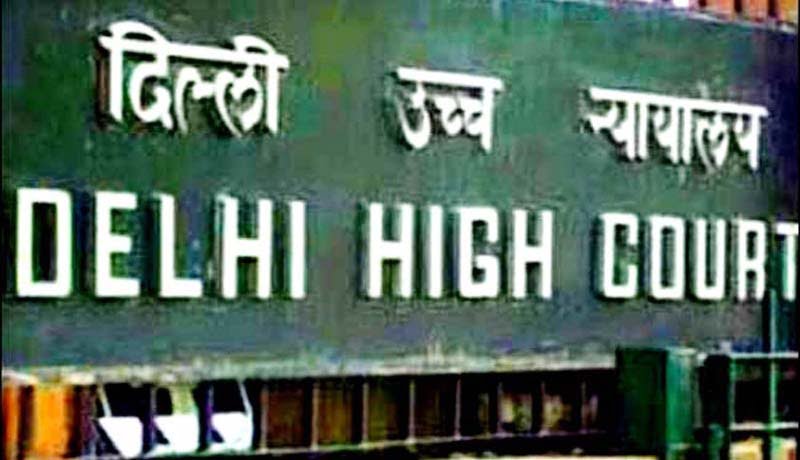Mere failure to produce documents cannot constitute a sufficient ground to take any coercive actions under DVAT Act: Delhi HC

SCN – Authority – Period – Delhi High Court – Taxscan
SCN – Authority – Period – Delhi High Court – Taxscan
While disposing a petition filed by Verma Roadways, the division of Delhi High Court held that, Mere failure to produce documents cannot constitute a sufficient ground to take any of the coercive actions under Section 60(2) (a) to (f) of the Delhi Value Added Tax Act.
The Petitioner, a partnership firm, carries on the business of transportation goods of dealers registered under the Delhi Value Added Tax Act, 2004 as well as registered dealers of other States.
The case of the Petitioner is that at around 12 midnight on 2nd /3rd July 2016, the Assistant Commissioner Value Added Tax Officer Ward-208 along with other officers visited the abovesaid godown/premises of the Petitioner in Swaroop Nagar and finding that the premises was locked, sealed the premises. The Petitioner states that on 8th July 2016, it moved an application before the AC for de-sealing the premises, pointing out that the Petitioner is a transporter and not a dealer. The Petitioner stated that the goods lying at its premises are tax paid goods and are traceable to bona fide dealers registered under the DVAT Act.
The bench comprising of Justice S Muralidhar and Justice Najimi Waziri emphasied that the action under Section 59 of the DVAT for a survey of the premises and for seeking information, records etc. could not automatically permit the coercive actions, including sealing of the premises, under Section 60 (2) (a) to (f) of the DVAT Act.
“Every such action has to be preceded by a justification in the file recording that the Commissioner has reasonable grounds to believe that “any person or dealer is attempting to avoid or evade tax or is concealing his tax liability in any manner." Further, as underscored by Section 60 (6) of the DVAT Act, "every search or seizure made under this section shall as far as possible be carried out in accordance with the provisions of the Code of Criminal Procedure, 1973 relating to searches or seizures made under that Code." These provisions have more often than not been observed in the breach” the bench added.
The Court is also observed that there has been a wilful violation of the statutory provisions by the officers concerned and in this case in particular by Mr. P.R. Meena, Spl. Commissioner as well as the team of the officers authorized by him to take the action. They have acted not only in ignorance of the law but in violation of the statutory requirements.
While slamming erred officials, the bench observed, in the past one year several judgments have been pronounced by this Court on the limitation of powers under Section 59 and 60 of the DVAT Act. Despite this, the Court finds that a person holding a responsible position like Mr. P. R. Meena, Spl. Commissioner, Enforcement Branch is continuing to issue orders in mechanical and irresponsible manner authorising officers to take any action which they may like under Section 60 of the DVAT Act. It is disconcerting to note that Mr. Meena did not make a distinction between an inspection under Section 60(1) of the DVAT Act and a 'sealing' Section 60 (2) (f) of the DVAT Act.
The Court also directed Mr S.S. Yadav the Commissioner, VAT who is present in the Court to call for an explanation from Mr. P.R. Meena, Spl. Commissioner, as well each member of the team of officers who proceeded to act under Mr Meena's directions issued under his signature in the form of the order dated 2nd July 2016, as to why disciplinary action should not be taken against each of them for dereliction of duty and for acting in violation of the law.
Read the full text of the Judgment below.


